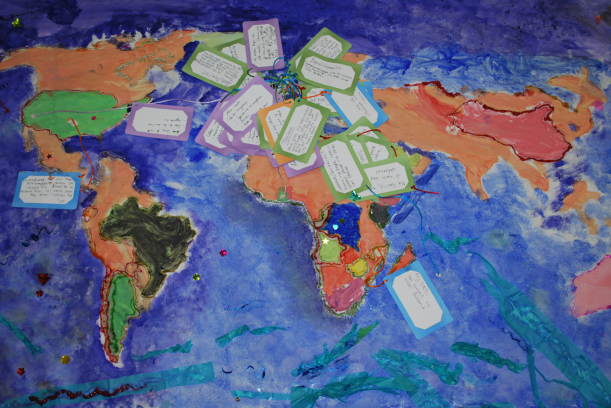Learning from other organisations
Table of contents
Case study: Training community researchers to work on a transnational project
The COVID-19 crisis has brought into stark relief the care deficits many European countries are confronting as ageing societies, with low-paid women migrants often filling gaps in formal care provision, while their own caring responsibilities for kin are overlooked. Demographic shifts due to population aging and increased international migration are leading to major changes in the provision of care, social protection, and intergenerational responsibilities. These transformations may exacerbate existing inequalities facing migrant families with care needs.
The Transnational Families in Europe project compares migrant carers’ and transnational families’ experiences within four partner countries with contrasting welfare models and migration regimes. In each country, we work with partner organisations to train community researchers and support them to undertake research with families by building trust within their communities. Our project community researchers engage with three or four different generations in each partner country, including family members living in countries of origin, to comprise our larger sample of 100 families. Further, we will select 20-30 case study families for in-depth ethnographic research. Our objective is for the study to provide unique insights into how family care practices are negotiated between and within different generations of transnational families in Europe, while also considering their family ties in countries of origin.
Our community researchers have helped to shape the design of the research methodology, are engaged in data collection, and will contribute to analysis of outputs and dissemination. In general, community researchers have appropriate language proficiencies and can be trained in research methods and ethical considerations. Their engagement is an effective way of gaining subjective insights into children’s and adults’ family lives. It enables relationships and trust to be built over time, which is particularly important when working with migrant communities who may have insecure legal status or limited proficiencies in the dominant language.
Please visit our website (https://research.reading.ac.uk/transnational-families/) for more information or feel free to reach out to a member of the research team. The expected project completion date is June 2024.

